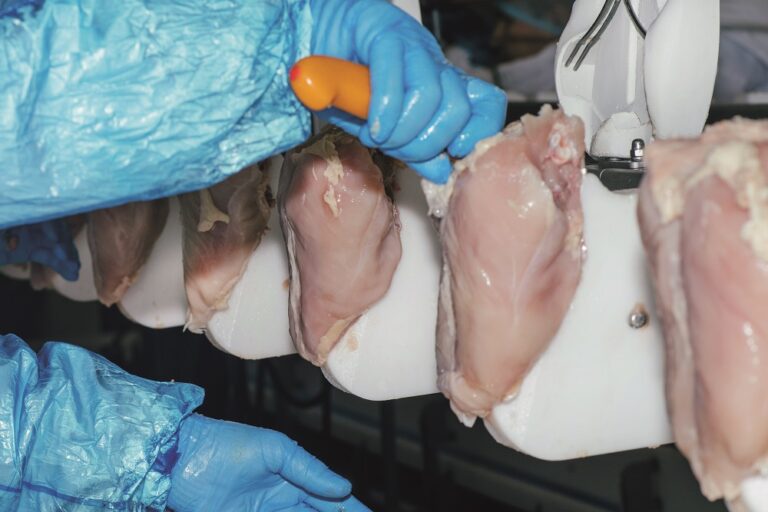A survey of more than 1,300 farming and food businesses across the UK found that access to local abattoir services was essential for many of them to operate, with 88% stating their abattoir was either important or essential to the success of their business, while 64% felt the availability, or lack of availability, of a local abattoir impacted their future business plans.
The survey highlighted the benefits of small and local abattoirs, with respondents ranking animal welfare, the local economy and the environment as the top areas where abattoirs can have a positive impact.
But the survey, carried out by the National Craft Butchers and, Sustainable Food Trust showed that the loss of small abattoirs, at a rate of 10% per year, according to the Food Standards Agency, has left abattoir customers reliant on only one or two remaining operators, creating a fragile system that is vulnerable to collapse in the event of further closures.
Journey times have increased significantly following closures, with some animals now travelling more than 200 miles to slaughter. Many remaining smaller abattoirs are increasingly busy and difficult to book into, respondents said. This has led to farming and food businesses being forced to close or change.
There were more than 30 respondents who stated they used an abattoir which has closed down since the survey was conducted.
Megan Perry, Head of Policy and Campaigns at the Sustainable Food Trust, said: “This survey highlights that a diverse network of abattoirs throughout the UK is vital to farms of all sizes and to the viability of local meat businesses. We welcomed the Government’s announcement of funding for the sector, earlier this year. However, for this fund to have the impact that is needed, it must be accessible, broad and with a long timeframe, and it must be implemented alongside work to address other issues including regulation, recruitment and waste disposal costs.”
Eleanor O’Brien, Managing Director at National Craft Butchers, said: “Alongside funding, the Government needs to implement flexibilities that already exist within the regulation that could help smaller abattoirs to increase productivity, expand and thrive. Without this two-fold approach, the small abattoir sector will continue to stagnate, with severe consequences for farmers, animal welfare and supply chain diversity and resilience.”


